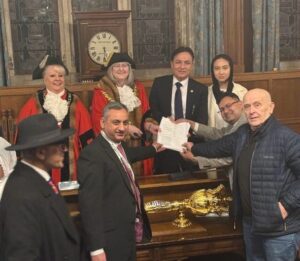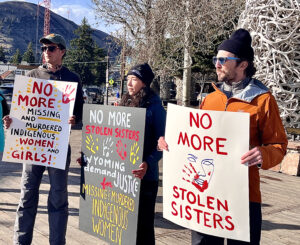UNITED NATIONS (AP) — U.N. human rights chief Michelle Bachelet, who was tortured at a secret prison in her native Chile, told the Security Council on Thursday that justice for victims of conflict can’t be an alternative for the punishment of perpetrators.
But she said criminal accountability also should be accompanied by a board range of measures “to support truth, justice, reparation and guarantees of non-recurrence, which help to break cycles of violence.”
Bachelet was speaking at a council meeting on justice in conflict and post-conflict situations chaired by Belgian Foreign Minister Philippe Goffin, whose country holds the council presidency this month.
“We know that peace does not automatically break out when weapons fall silent and atrocity crimes cease,” she said. “To be able to rebuild lives — without fear of recurrence — and for society to move forward, suffering needs to be acknowledged, confidence in state institutions restored, and justice done.”
Bachelet has first-hand experience. Her father was imprisoned for treason for opposing the coup that ousted Marxist President Salvador Allende in September 1973. She and her mother were tortured in a secret prison for two weeks before they fled into exile. Her father, Gen. Alberto Bachelet, died of cardiac arrest following months of torture.
Bachelet stressed that “demands for justice can be denied — but they will not disappear.”
She pointed to Sudan, where last year’s popular uprising and overthrow of autocrat Omar al-Bashir was driven in large part by demands for justice and anger over decades of human rights violations.
“Across the world, mass protests have once again brought home the power of popular demands for equality, social justice, gender justice, climate justice and fundamental rights,” the U.N. High Commissioner for Human Rights said.
Bachelet said she has seen first-hand in Chile how different forms of transitional justice can help address grievances and divisions and contribute to peace, but she added that they must be “context specific, nationally owned and focused on the needs and informed choices of victims.”
She said one example, truth-seeking initiatives, “not only enable victims to recount their experiences, they also open new spaces within which victims and perpetrators can re-establish the connection.”
Bachelet pointed to the landmark report by the Guatemala truth commission in 1999 that recorded human rights violations during 36 years of conflict and advanced victims’ rights, resulting in orders for reparations.
She also cited current efforts in Colombia that include calls for legal empowerment of victims, land restitution and the dismantling of economic and political structures that have benefited and supported armed groups.
Bachelet said the Security Council has a key role in assisting states. She singled out its recent mandate for the U.N. political mission in Afghanistan to advise on establishing and implementing “judicial and non-judicial processes to address the legacy of large-scale human rights violations and abuses as well as international crimes and to prevent their recurrence.”
Bachelet said there are a mix of measures to achieve justice, and there is no single way to get it right.
“But there is a way to get it wrong — and that is to consider that victims’ rightful demands for justice are an inconvenient distraction that can be papered over or indefinitely delayed,” she said. “Failure to engage in such processes will not resolve conflicts, it will fuel recurrence.”




